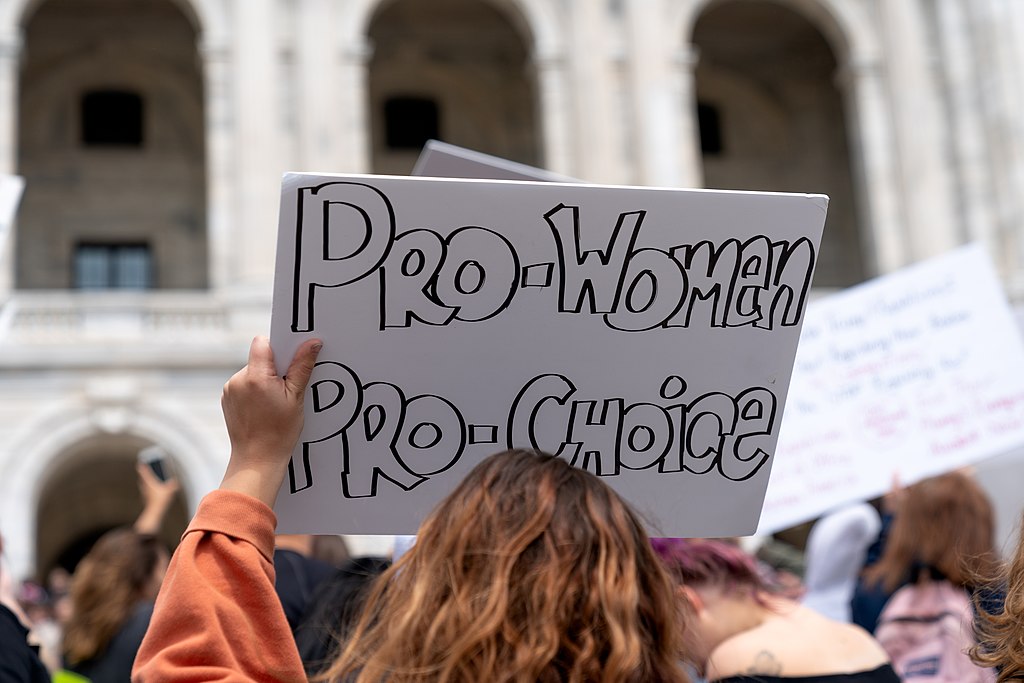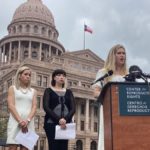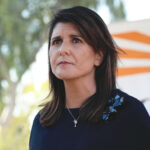
More young women are identifying as liberal, a rate that has increased by 11 percentage points over the past 25 years, recent data shows.
A report published by Gallup this month analyzed trends in political ideologies among younger and older men and women living in the U.S. between 1999 and 2023. The data was compiled through Gallup’s telephone surveys and interviews with more than 12,000 adults each year and with at least 500 adults per gender and age subgroup.
Some 40% of young women identified as liberal in 2023, compared with 29% in 1999 — reflecting a substantial long-term increase in liberalism. Young women are also less likely to identify now as moderate, with 37% in 2023 considering themselves moderate, as opposed to 45% in 1999. And the amount of conservative young women decreased to 21% in 2023, compared with 26% in 1999.
Some possible factors to why more young women are taking left-leaning ideologies includes the Supreme Court decision to overturn women’s abortion rights in 2022, according to an analysis by Axios. A Harvard University poll released last year found that 69% of women under 30 said that reproductive healthcare is important in choosing what state to live in, and another 35% of women under age 30 said they had a friend or family member who had an abortion.
An additional factor Axios cited includes the #MeToo Movement, which gained increased awareness in 2017, after actress Alyssa Milano shared a tweet to her followers encouraging women who had been sexually harassed or assaulted to speak out. The movement potentially pushed younger women to lean left as they were entering adulthood.
The increasing rates of liberalism among young women, however, isn’t matched by that of their male counterparts. Only 25% of young men identified as liberal in 2023, up just slightly from 24% in 1999, and down from a high of 29% in 2016, the Gallup report found. Compared with young women, 44% of young men ages 18 to 29 identified as moderate in 2023, while 29% identified as conservative.
The report also found shifts in political ideologies among older adults. While senior women 65 and older were the least liberal age group in 1999, that has changed: Today, they are just as likely as middle-aged women to identify as liberal. The rate of senior men identifying as liberal has also increased from 12% to 18% since 1999. Yet, the report found no long-term changes in political ideologies of young men ages 18 to 29 and older men ages 50 to 64.
While the latest report did not examine specific issues influencing the political trends, Gallup told The Story Exchange that it plans to analyze potential causes in the near future.
Gallup’s report did note that the increase in liberalism is a direct result of “stronger than average pro liberal shifts” in women 18 to 29 and women ages 65 and older. “The former represents fundamental differences in the belief systems of women entering adulthood in the past decade versus in prior decades,” the report stated.
Contrary to young women, older women’s change in views “may be more about generational replacement, with formerly middle-aged women bringing their slightly more liberal attitudes into their golden years,” Gallup’s report stated.



